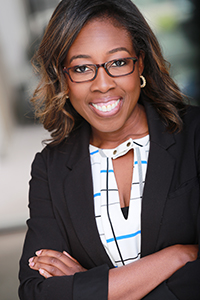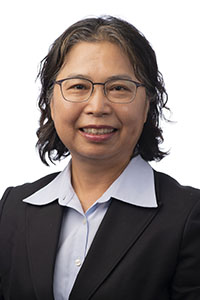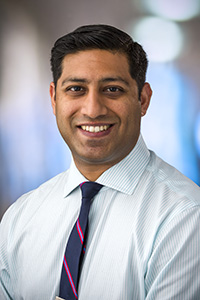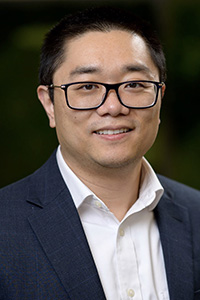- Home
- Funding Opportunities
- For New Grantees
- New & Early Stage R01 Investigators
Meet the DCCPS New and Early Stage R01 Investigators
-
Loretta Erhunmwunsee, MD
Beckman Research Institute of City of Hope
Thoracic Surgeon and Health Equity Researcher
While I was a surgical resident, I was inundated with data that revealed higher cancer risk and mortality for Black individuals across several cancer types. I became very interested in understanding the drivers of race- and ethnicity-based disparities. I now seek to elucidate as well as mitigate the influence of adverse social determinants, such as structural racism and air pollution exposure, on lung cancer outcomes. -
Soonhee Roh, PhD
University of South Dakota
Behavioral Health Scientist
My "aha" moment came as a caregiver, when I witnessed firsthand how cultural misconceptions and poor healthcare access could lead to devastating outcomes. This experience sparked my exploration into technology-based interventions, revealing their immense potential to close these critical gaps. I realized that digital health platforms could dramatically expand access to cancer prevention efforts, particularly for Indigenous women, and transform public health outcomes in underserved communities. -
Parth D. Shah, PharmD, PhD
Fred Hutchinson Cancer Research Center
Behavioral and Implementation Scientist
During my internship at my university's outpatient pharmacy, I witnessed many patients struggle with transportation issues, unstable employment, and health literacy - all social determinants of health. Those with comorbidities faced tough decisions, such as affording medication or food. This experience sparked my interest in addressing upstream determinants of health through improving access to prevention services like vaccinations and screenings, using pharmacies to reach vulnerable communities. -
Xiang Shu, PhD, MS
Memorial Sloan Kettering Cancer Center
Cancer Epidemiology Scientist
When I was a kid, my grandparents motivated me to pursue a career in public health, although I had little understanding of what that really meant at that time. Years later, I realized that prevention is an essential tool for reducing disease burden, and reliable biomarkers are needed for precise cancer risk assessment. I then gradually developed my own research programs to study biomarkers and its application in cancer prevention.





